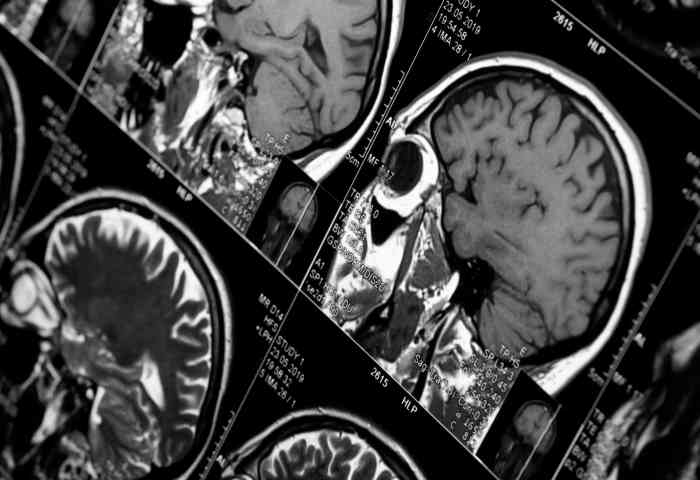Get started with Mizzou
ApplyUndergraduate Certificate
At the root of clinical engineering is a passion for applying scientific and engineering principles to help people receive potentially life-changing medical information. With the high demand for certified clinical engineers, now is the time to merge your passions for healthcare and engineering to use complex medical imaging technology and equipment for evaluation, research, patient care delivery, analysis and more. Apply your knowledge to your current job or supplement your education with this 100% online clinical engineer undergraduate certificate program that is the first of its kind in the nation.
Turn your drive into results in this program dedicated to advancing healthcare with optimized medical instruments and healthcare business expertise. As a subset of biomedical engineering, clinical engineering can set you apart in your industry, on job applications or in graduate school. Veterans with advanced electronics backgrounds are encouraged to apply.
Quick facts
Official name
Undergraduate Certificate in Clinical EngineeringCampus
Program type
Undergraduate certificateAcademic home
College of Engineering | Department of Biomedical, Biological and Chemical EngineeringDelivery mode
100% onlineAccreditation
Higher Learning CommissionPart time credit hours
16Part time estimated cost
$12,206.40*This cost is for illustrative purposes only. Your hours and costs will differ, depending on your transfer hours, your course choices and your academic progress. See more about tuition and financial aid.
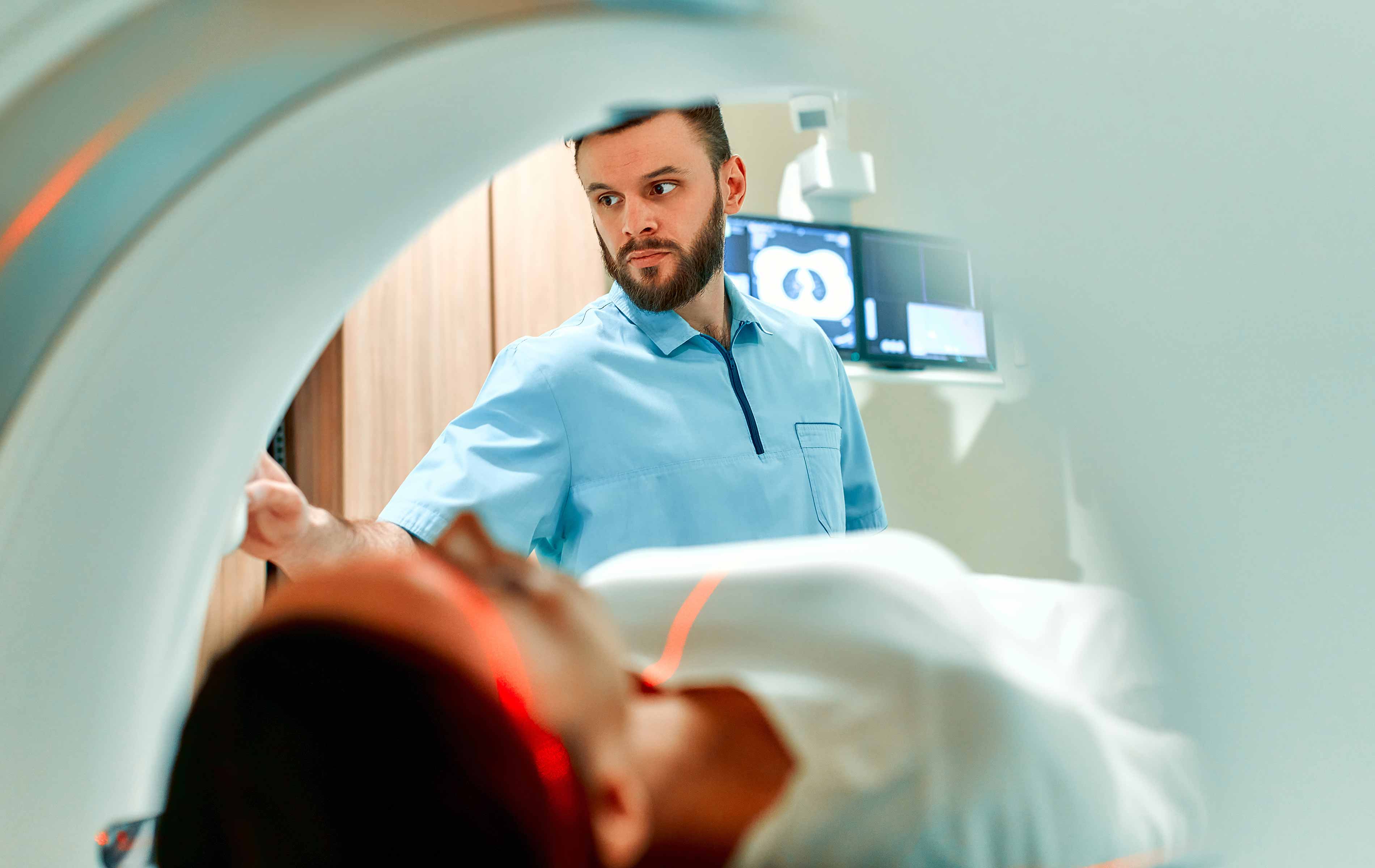
Career prospects
The online undergraduate certificate in clinical engineering will educate and prepare students to work in clinical engineering or biomedical-related jobs and disciplines in research or the healthcare industry. Certificate holders are trained to provide the operational evaluation of biomedical and health systems and products, such as integrated biomedical imaging systems, instrumentation, medical information systems, health management and patient care delivery systems. Certificate holders have job titles that may include:
- Clinical service engineer
- Field service engineer
- Radiologist
- Biomedical engineer
- Medical equipment technician
- Imaging specialist
Program structure
The undergraduate certificate in clinical engineering is 100% online: no campus visits required.
Courses are semester-based. Students typically take 1-2 classes per semester and finish the program in 1-2 years.
Coursework includes
- Biomedical engineering
- Biological engineering
- Biomedical imaging
- Fluorescent imaging
- Biomedical optics
- Nuclear magnetic resonance and magnetic resonance imaging
Delivery
100% onlineCalendar system
Semester-basedTypical program length
1-2 yearsTypical course load
1-2 classes per semesterAccreditation
University of Missouri is accredited by the Higher Learning Commission, one of six regional institutional accreditors in the United States.
Faculty spotlight
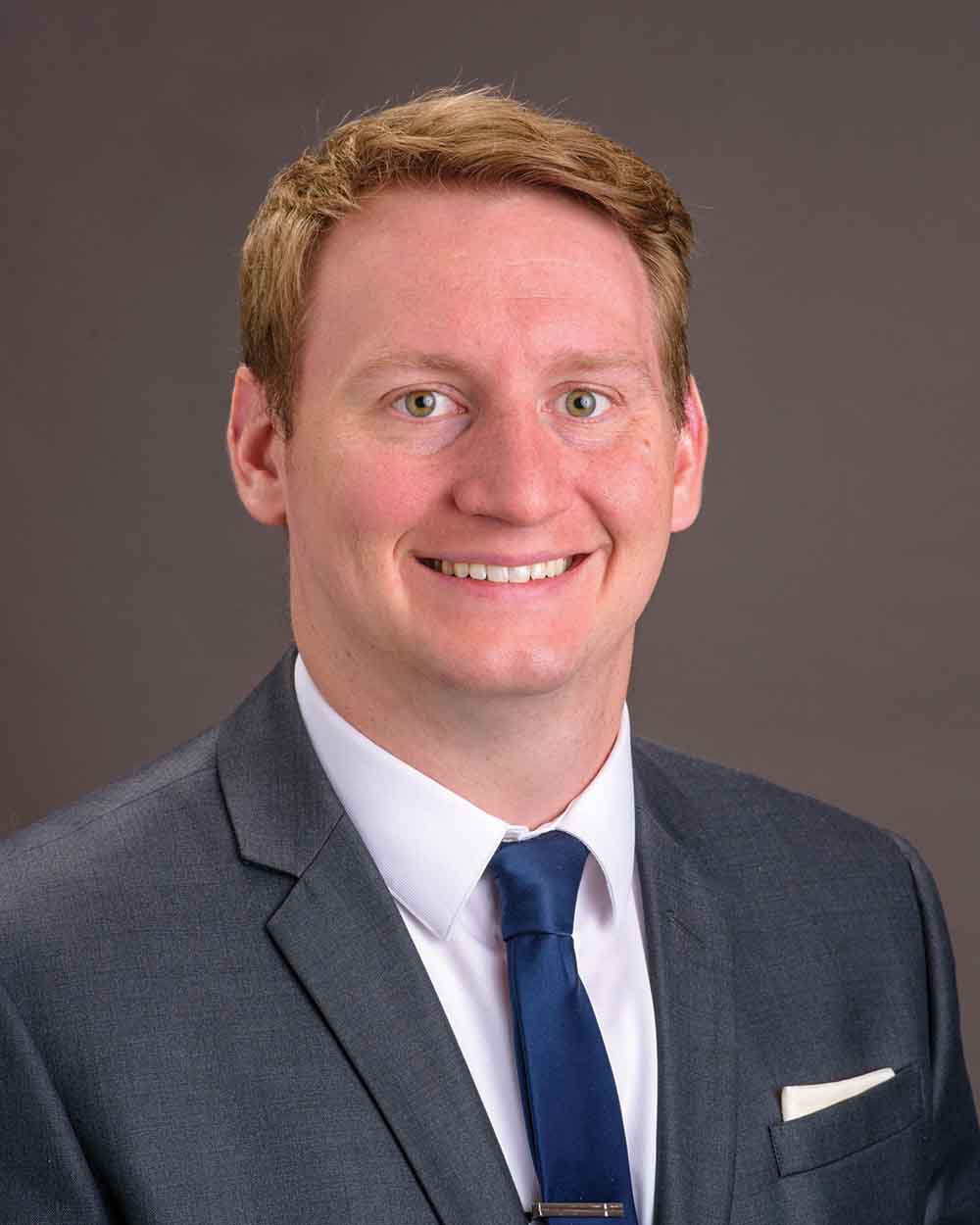
Robert Thomen is an assistant professor with a joint appointment with the Department of Biomedical, Biological and Chemical Engineering and the School of Medicine’s Radiology Department.
Thomen’s research gives the lungs another look. His team has hypothesized that a new way to see what is happening inside the lungs using hyperpolarized gas will make both treatment and diagnosis more precise. Thomen, who runs the Mizzou Pulmonary Imaging Research Lab, hopes these detailed scans can help researchers investigate, diagnose and treat diseases like COPD, asthma, cystic fibrosis, idiopathic pulmonary fibrosis and emphysema.
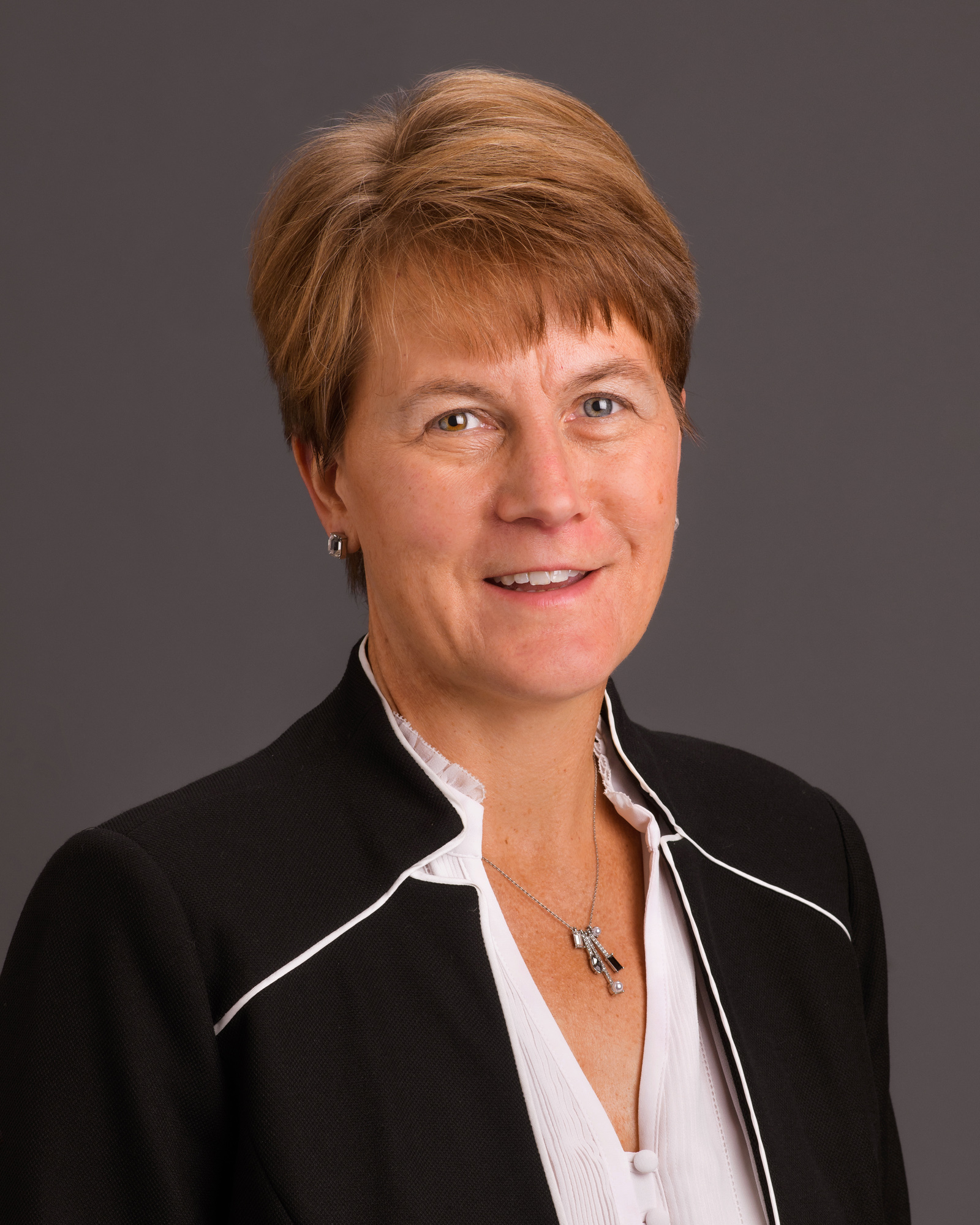
Dr. Terpstra’s research focuses on noninvasive quantification of weakly represented neurochemicals in 1H magnetic resonance spectra (MRS). This work was pioneered using ultra-high field magnetic resonance imaging systems, and is being translated for use on clinical scanners. Dr. Terpstra discovered the presence of the antioxidant ascorbate (vitamin C) resonance using homonuclear edited 1H MR spectroscopy. She is funded by the National Institute on Aging (NIH) to study whether antioxidant depletion is exacerbated by Alzheimer’s disease (AD). She is also part of the nationwide Human Connectome Project on aging, which will use magnetic resonance imaging (MRI) to study brain connectivity to study risk and resiliency to Alzheimer's disease.
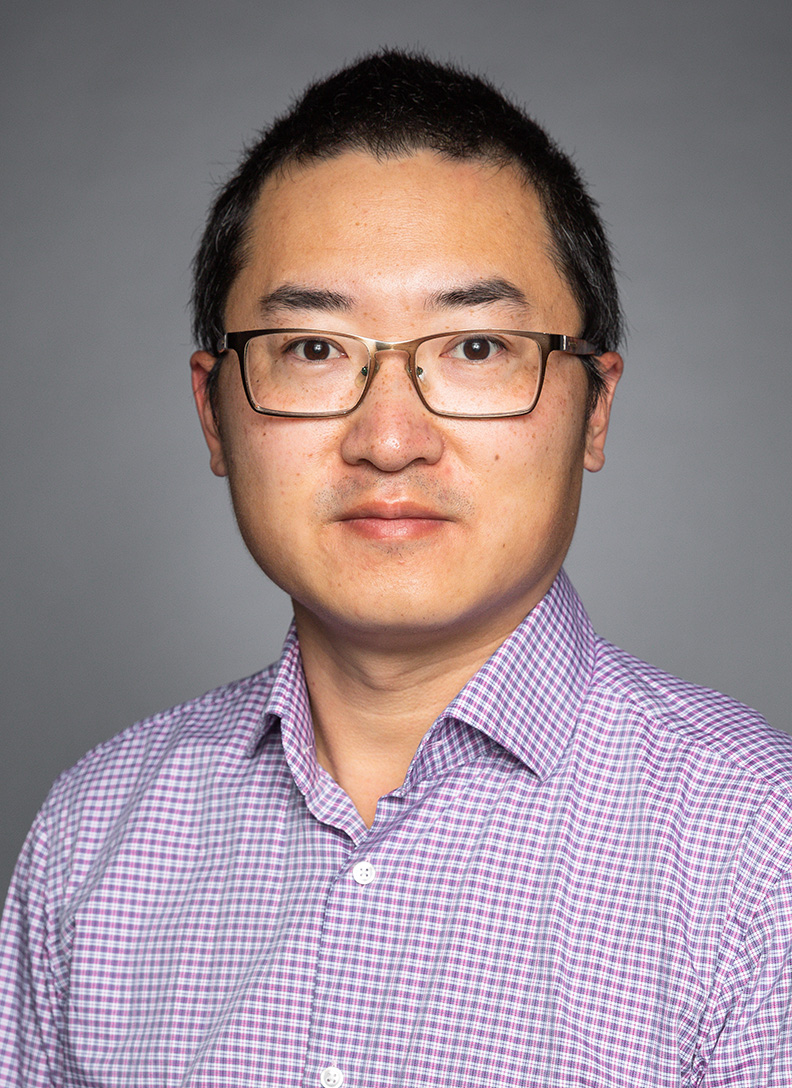
Changyu Sun has a joint appointment with the School of Medicine’s Radiology Department. After earning his master’s and Ph.D. in INSA de Lyon, France and Northwestern Polytechnical University, he did his postdoctoral training at MD Anderson and worked at the University of Virginia as a senior scientist.
Dr. Sun is an MRI researcher interested in developing novel strategies for rapid MRI acquisition and accurate reconstruction. His simultaneous multislice acquisition and reconstruction methods have been applied to cardiac cine, perfusion and strain MRI. His current research focuses on developing novel physics- and data-driven methods using deep learning, parallel imaging, non-Cartesian sampling and compressed sensing for cardiopulmonary applications. The goals of his research are to develop a fast, accurate and automatic MRI workflow for the diagnosis and treatment of patients.
